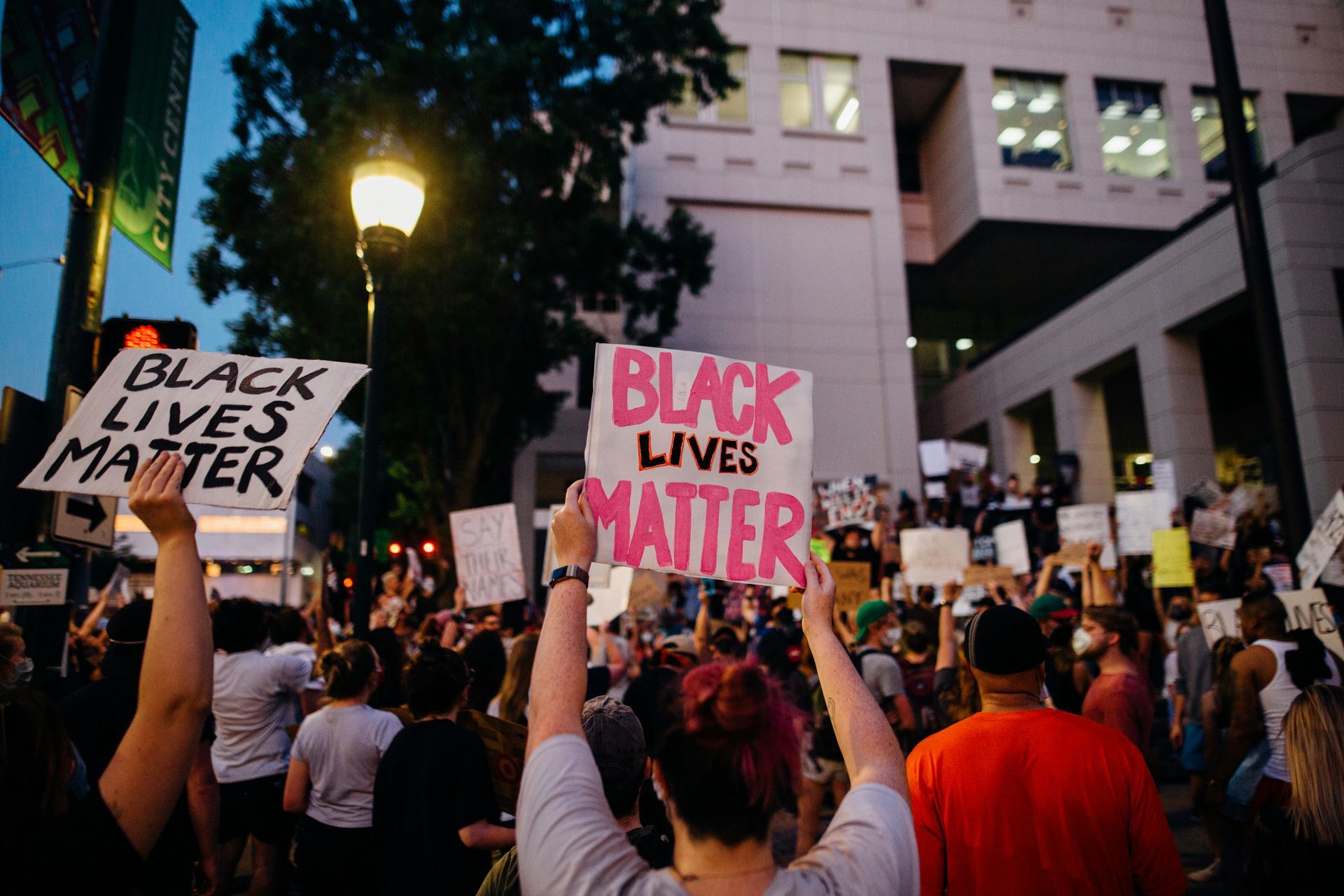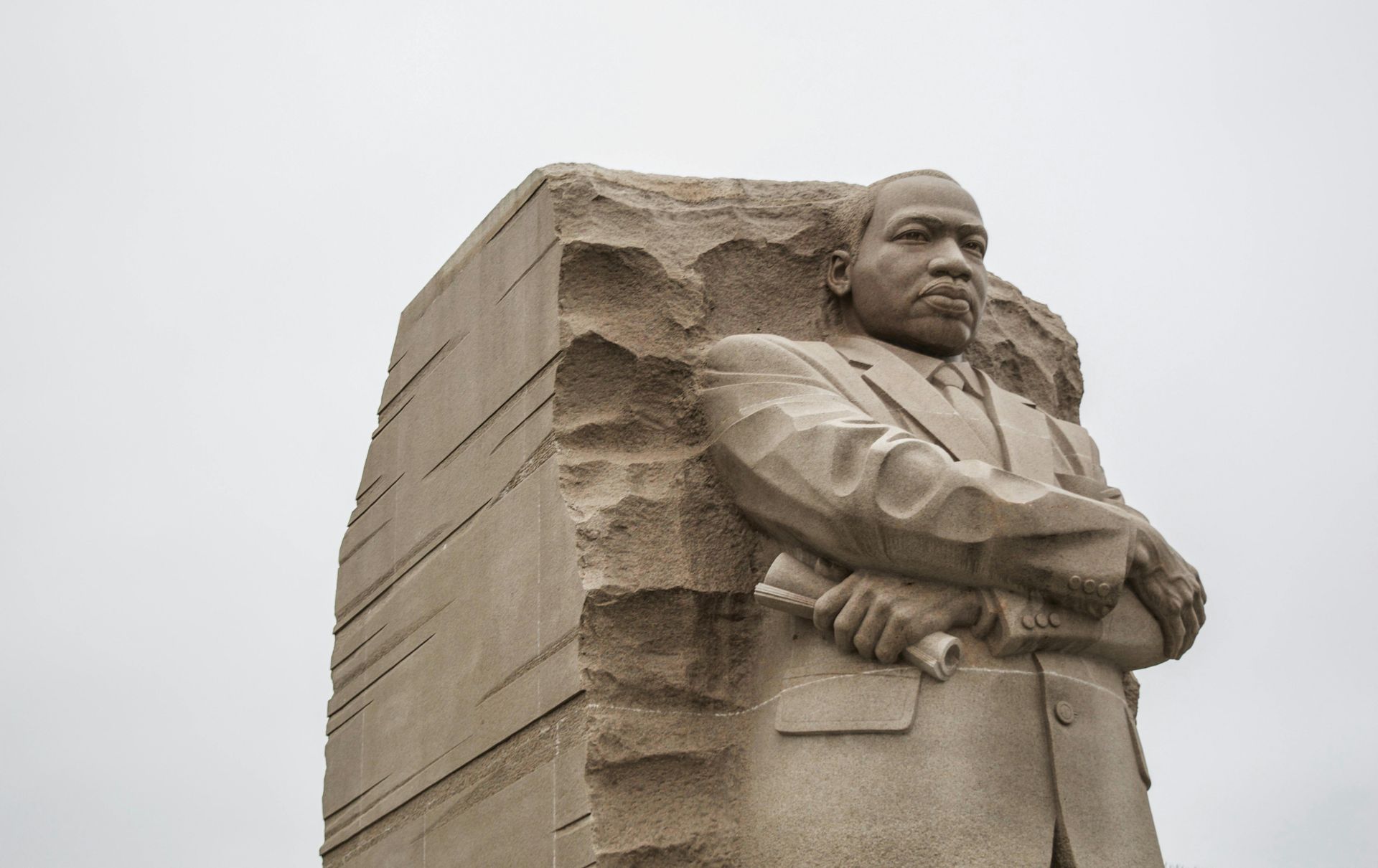"Hate cannot drive out hate; only love can do that". "Injustice anywhere is a threat to justice everywhere". "A right delayed is a right denied".
—Martin Luther King Jr.
What is involved in a 42 U.S.C. § 1983 Claim?
1. A person acting under "color of state law"
- The defendant must be a government official or employee (e.g., police officers, prison guards, government agencies).
- Private individuals can be liable only if acting with the government (e.g., private prison companies working with the state).
2. Violation of a Constitutional Right
- The government actor must have violated a right protected by the U.S. Constitution or federal law.
- Common rights at issue include:
- Fourth Amendment – Unlawful search and seizure, excessive force.
- Eighth Amendment – Cruel and unusual punishment (prison abuse cases).
- Fourteenth Amendment – Due process and equal protection violations.

A 1983 claim refers to a lawsuit filed under 42 U.S.C. § 1983, a federal statute that allows individuals to sue state or local government officials for violating their constitutional rights. These claims are commonly used in civil rights cases, particularly involving police misconduct, wrongful arrests, excessive force, and due process violations.
A 1983 civil liberties case must overcome qualified immunity—a high threshold. According to Graham v. Connor, 490 U.S. 386, 395, 109 S.Ct. 1865, 1871, 104 L.Ed.2d 443 (1989) “all claims that law enforcement officers have used excessive force—deadly or not—in the course of an arrest, investigatory stop, or other ‘seizure’ of a free citizen should be analyzed under the Fourth Amendment and its ‘reasonableness' standard, rather than under a ‘substantive due process' approach.”
In applying Graham, the Fifth Circuit has used a three-part test for section 1983 excessive force claims, requiring a plaintiff to show (1) significant injury, which (2) resulted directly and only from the use of force that was clearly excessive to the need; and the excessiveness of which was (3) objectively unreasonable. Stroik v. Ponseti, 35 F.3d 155, 157 (5th Cir.1994), cert denied, 514 U.S. 1064, 115 S.Ct. 1692, 131 L.Ed.2d 556 (1995). The “reasonableness inquiry” in an excessive force claim is an objective one, with the question being whether the officers' actions are objectively reasonable in light of the facts and circumstances confronting them, without regard to their underlying intent or motivation. Reese v. Anderson, 926 F.2d 494, 500 (5th Cir.1991).
TAGLINE






